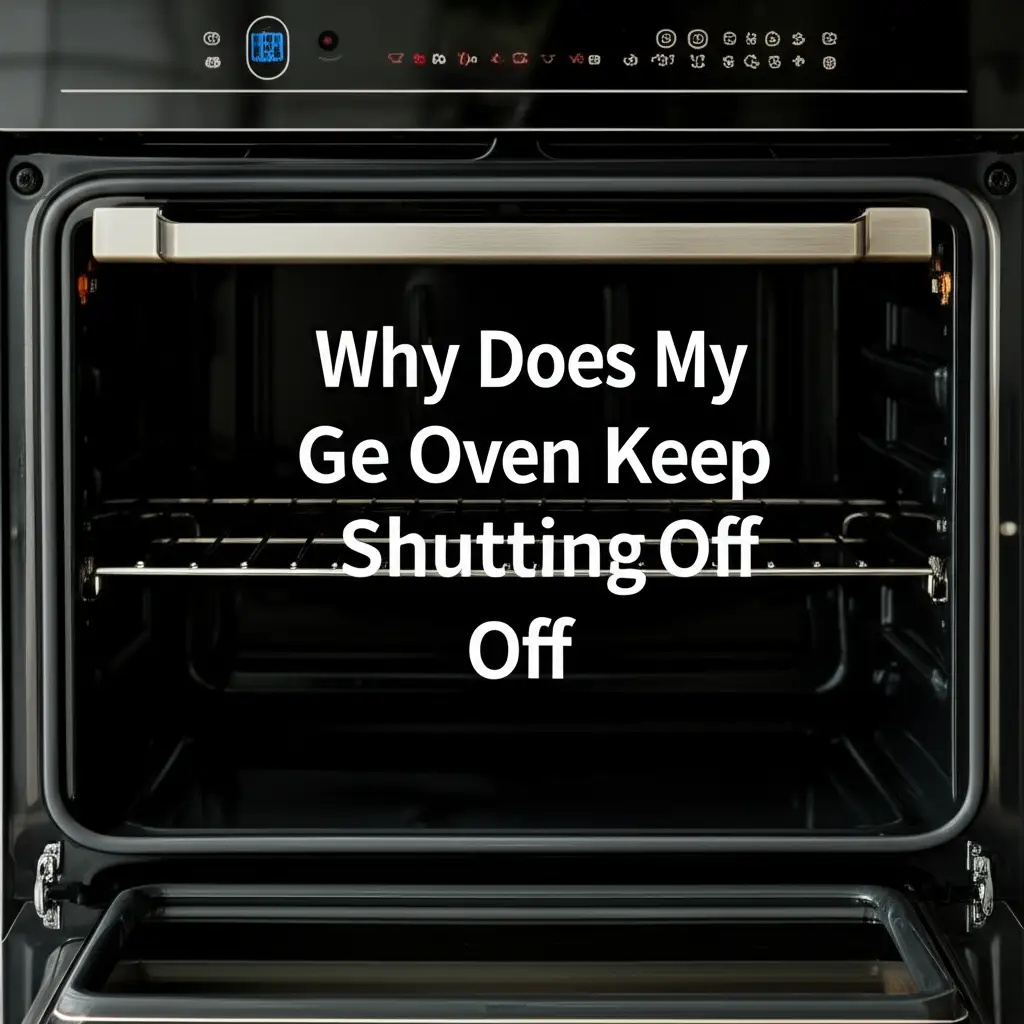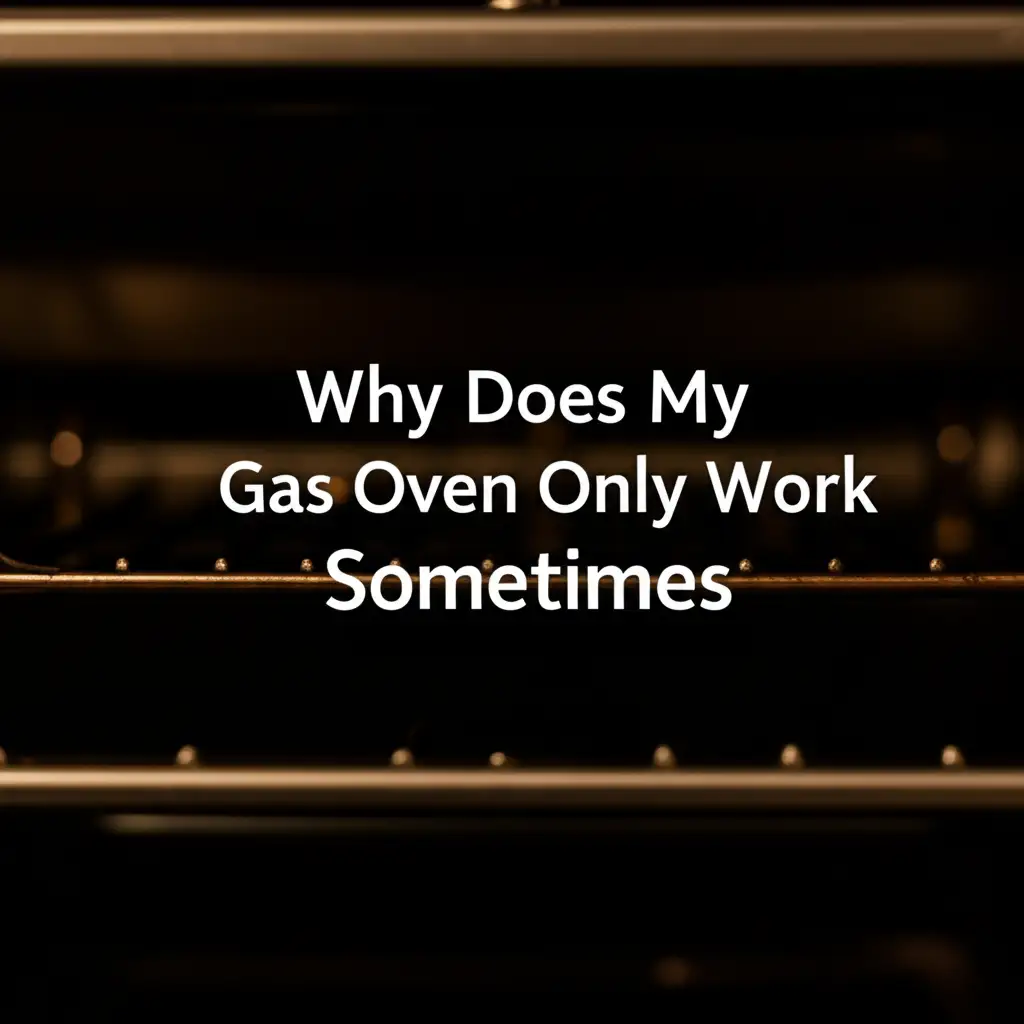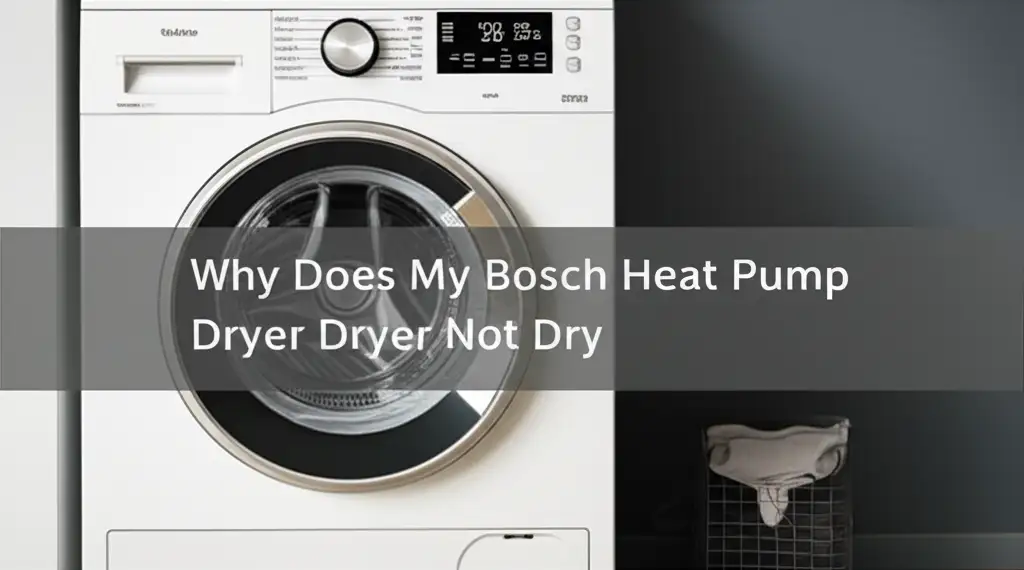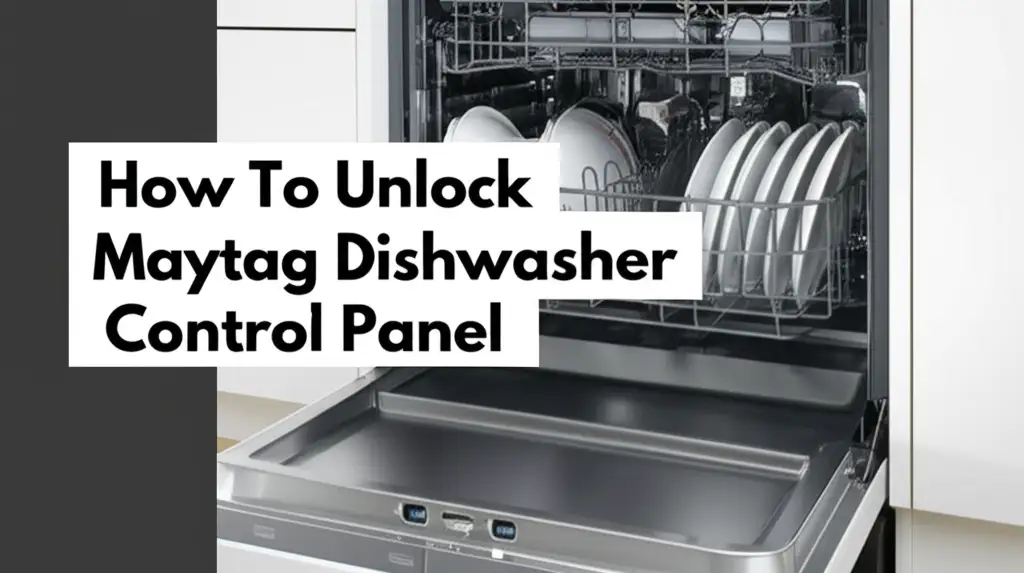· Todd Martin · Home Appliances · 19 min read
Why Does My Ge Oven Keep Shutting Off

Troubleshoot Your GE Oven: Why It Keeps Shutting Off
There are few things more frustrating than when your GE oven keeps shutting off right in the middle of preparing a meal. One minute, your delicious dish is baking perfectly, and the next, the oven goes silent, its lights dim, and the heat disappears. This unexpected shutdown disrupts cooking and makes you wonder what went wrong. I understand this annoyance.
Understanding why your GE oven suddenly stops working is the first step toward finding a solution. Many factors can cause this issue, from simple power problems to more complex component failures. I will explore the common reasons your GE oven might be cutting out prematurely. We will cover everything from basic checks you can perform yourself to identifying when professional help is necessary. Let’s get your GE oven working reliably again.
Takeaway
If your GE oven keeps shutting off, here are key actions to take:
- Check power supply: Ensure the oven has stable electricity and the circuit breaker is not tripped.
- Inspect for overheating: Clear vents and ensure the thermal fuse is not faulty.
- Evaluate internal components: Test the igniter, temperature sensor, and control board.
- Consider professional help: Call a qualified technician for complex electrical or component issues.
Your GE oven keeps shutting off due to various reasons, including unstable power supply, overheating triggering safety mechanisms, a faulty thermal fuse, a failing temperature sensor, or issues with the igniter or the main control board. Addressing these specific components or power conditions helps restore normal operation.
Understanding Your GE Oven’s Safety Mechanisms
My GE oven, like all modern appliances, has built-in safety features. These systems protect the appliance and your home from potential hazards. They are designed to prevent damage from overheating or electrical faults. When your GE oven keeps shutting off, it often means one of these safety mechanisms has activated.
One primary safety device is the thermal cutout or thermal fuse. This small component monitors the oven’s internal temperature. If the oven gets too hot, the thermal fuse trips or blows, cutting off power to prevent overheating. This action protects against fire and component damage. Another safety feature involves the control board. This board monitors various sensors and will shut the oven down if it detects a critical fault. These shutdowns are a protective measure, not just an inconvenience.
How Thermal Fuses Work to Protect Your Oven
A thermal fuse is a safety device designed for one-time use. It is like a circuit breaker for temperature. When the oven reaches a dangerously high temperature, the fuse melts, permanently breaking the electrical circuit. This action cuts power to the oven, stopping the heating process. Once a thermal fuse blows, you cannot reset it. It requires replacement.
My experience tells me a blown thermal fuse indicates a deeper problem. The oven overheated for a reason. This could be due to a malfunctioning cooling fan, blocked vents, or a faulty temperature sensor. Always investigate the root cause of the overheating before replacing the fuse. Replacing the fuse without fixing the underlying issue will only lead to it blowing again.
Overheating Prevention and Your Oven’s Cooling Fan
GE ovens use a cooling fan to regulate internal temperatures. This fan activates during high-temperature operations, like baking or self-cleaning cycles. It circulates air around the internal components, preventing them from getting too hot. If this fan malfunctions or is blocked, heat can build up inside the oven. This heat buildup leads to overheating.
An obstructed cooling fan causes the thermal fuse to trip. You should regularly check the oven vents for any debris or obstructions. Ensure proper airflow around the oven unit. A clear path for air helps the fan work efficiently. If your oven fan keeps running after the oven is off, it might be trying to cool down excess heat, which could be related to overheating issues. Learn more about why your GE oven fan keeps running. Maintaining proper ventilation is key to preventing your GE oven from shutting off due to overheating.
Common Causes for Your GE Oven Shutting Off
When your GE oven keeps shutting off, it usually points to a few common culprits. These range from simple power delivery issues to more intricate electrical component failures. I always start troubleshooting with the easiest checks. Many problems can be resolved without calling a professional. Understanding these common causes helps you pinpoint the issue quickly.
Power Supply and Electrical Connections
A stable power supply is critical for any appliance. My GE oven needs consistent electricity to operate correctly. If the oven receives insufficient power or experiences surges, it may shut down. I check the circuit breaker first. A tripped breaker indicates an overload or a short circuit. Resetting it might restore power. However, if it trips again quickly, a more serious electrical problem exists.
Loose connections at the wall outlet or within the oven’s terminal block also cause intermittent power. I recommend ensuring the oven is properly plugged in. If you suspect internal wiring issues, unplug the oven first for safety. My past experience with appliance issues has taught me that electrical problems can sometimes mimic other faults. If your GE oven is not turning on at all, it might be a deeper electrical issue. Read more about why your GE oven is not turning on.
Faulty Outlet or Circuit Breaker
Sometimes, the problem is not with the oven itself but with its power source. An aging or damaged wall outlet can provide intermittent power. This can cause your GE oven to shut off randomly. You can test the outlet with another appliance to see if it works consistently. If other devices also experience issues, the outlet needs replacement.
The circuit breaker protecting the oven’s circuit can also fail. A weak breaker might trip easily, even under normal load. This makes your GE oven keep shutting off without a clear reason. If resetting the breaker does not help, or if it trips repeatedly, consider consulting an electrician. They can diagnose and replace a faulty breaker safely. A bad breaker can cause power fluctuations, impacting oven performance.
Troubleshooting Thermal Fuse and Sensor Issues
If your GE oven keeps shutting off, especially during or after reaching high temperatures, a thermal fuse or temperature sensor might be to blame. These components directly control or monitor the oven’s heat. When they malfunction, the oven’s safety systems or its ability to regulate temperature can fail, leading to shutdowns. I always consider these high on my checklist for oven issues.
The Role of the Thermal Fuse in Oven Operation
As mentioned, the thermal fuse is a crucial safety device. It is designed to interrupt power if the oven overheats. If your GE oven abruptly shuts off and refuses to turn back on, a blown thermal fuse is a strong possibility. This fuse is typically located near the oven’s internal wiring or heating elements. It cannot be reset.
To test a thermal fuse, you need a multimeter. With the oven unplugged, disconnect the fuse and check for continuity. No continuity means the fuse is blown and needs replacement. Remember, replacing the fuse without addressing the reason for overheating is a temporary fix. My personal rule is to always investigate the underlying cause. Common reasons for a thermal fuse tripping include a malfunctioning cooling fan, blocked vents, or a faulty temperature sensor.
Diagnosing a Malfunctioning Temperature Sensor
The temperature sensor, also called a thermistor, measures the oven’s internal temperature. It sends this information to the control board. If the sensor is faulty, it can send incorrect readings. This makes the control board think the oven is either too hot or too cold, leading to erratic behavior or shutdowns. A common sign of a failing sensor is inconsistent oven temperatures or error codes related to heating.
Testing the temperature sensor also requires a multimeter. You measure its resistance at room temperature. The resistance should match the specifications in your oven’s service manual. As the oven heats up, the sensor’s resistance should change proportionally. If the readings are way off, or if they don’t change, the sensor is likely defective. A bad sensor can lead to problems like your GE oven taking too long to preheat or even shutting off mid-cycle because it cannot maintain the set temperature accurately.
Examining the Oven’s Cooling Fan System
The cooling fan is vital for dissipating heat from the oven’s electronic components and control board. If the fan fails or its vents are blocked, heat builds up. This excessive heat can trigger the thermal fuse or even damage the control board, causing the oven to shut down. I check for proper airflow around the oven. Dust and debris accumulate in vents over time.
You can often hear the cooling fan running during and after oven use. If it’s unusually loud, not running at all, or running constantly, it might be faulty. Inspect the fan blades for obstructions. Make sure nothing blocks the air intake or exhaust vents. Keeping these areas clear is crucial. A clean and functional cooling system prevents overheating, which means your GE oven keeps running smoothly without unexpected shutdowns.
Investigating Control Board and Igniter Issues
When your GE oven keeps shutting off, and you have ruled out simple power and thermal safety issues, the problem often lies with critical internal components. The control board and the igniter are two such parts. They play central roles in the oven’s operation, and their malfunction can easily lead to unexpected shutdowns. These components are complex, so diagnosis needs care.
The Impact of a Faulty Control Board
The control board is the brain of your GE oven. It manages all functions, from temperature regulation to timers and safety features. If this board malfunctions, it can send incorrect signals or fail to send any signals at all. This leads to erratic behavior, including the oven shutting off randomly. Signs of a failing control board include:
- Display issues (blank or erratic readings).
- Buttons not responding correctly.
- The oven turning off and on intermittently.
- Error codes appearing on the display.
Diagnosing a control board issue often involves checking for visible damage, such as burn marks or swollen capacitors. Testing it directly can be difficult without specialized tools. If you suspect the control board, it often requires professional attention. My experience shows that a failing control board can manifest in many unpredictable ways, making it a tricky component to diagnose for a novice.
Gas Oven Igniter Problems and Shutdowns
If you have a gas GE oven, the igniter is essential for creating the flame. It not only ignites the gas but also acts as a safety device. It senses the presence of a flame. If the igniter is weak or failing, it might not consistently light the gas. More importantly, it might not sense the flame correctly. If the igniter doesn’t detect a flame, the control board will shut off the gas supply and the oven as a safety precaution. This prevents unburnt gas from accumulating.
A common sign of a weak igniter is a delayed ignition or the oven heating slowly. If your GE oven takes so long to preheat, a failing igniter could be the cause. My advice is to observe the igniter during operation. It should glow bright orange quickly. If it glows weakly or takes a long time, it’s likely failing. Replacing a gas igniter usually involves disconnecting power and gas, then carefully removing and installing the new part. This repair often fixes sporadic shutdowns in gas ovens.
Electric Oven Heating Element Issues
For electric GE ovens, the heating elements (bake and broil) are crucial. While a complete element failure usually means the oven won’t heat at all, a partially failing element or one with internal short circuits can cause intermittent power draws. This might overload the circuit or confuse the control board, leading to a shutdown. I check for visible signs of damage on the elements, like blistering or breaks.
You can test electric heating elements for continuity using a multimeter. No continuity means the element is broken. Sometimes, an element might heat unevenly or draw too much current when failing. If the oven consistently shuts off during heating, especially at specific temperature ranges, an element could be drawing too much power. This might trip the breaker or cause the oven to shut down. Addressing heating element problems promptly ensures safe and consistent oven operation.
Addressing Ventilation and Environmental Factors
Sometimes, the reason your GE oven keeps shutting off is not a faulty component, but rather external factors. These can include poor ventilation around the appliance or environmental conditions in your kitchen. Ensuring proper airflow and a stable environment is crucial for the longevity and reliable operation of any appliance, including your oven.
Importance of Proper Oven Ventilation
Ovens, especially during use, generate a significant amount of heat. They are designed to vent this heat away from internal components and out of the appliance. If your GE oven’s ventilation system is blocked or inadequate, heat can build up inside the oven cavity and around its electrical parts. This excessive heat triggers safety cutoffs, causing the oven to shut down. I always advise people to check clearances around their appliance.
Ensure there is sufficient space around the oven. Do not block the vents located at the front, back, or sides of the appliance. My kitchen layout ensures the oven has enough breathing room. Sometimes, even dust and grease buildup inside the vent pathways can restrict airflow. Regularly cleaning the oven and its surroundings helps maintain proper ventilation. This preventative step can save you from unexpected shutdowns.
Impact of Kitchen Environment on Oven Performance
The environment in your kitchen can also affect your oven’s operation. High ambient temperatures, especially during summer months, can make it harder for the oven to dissipate its own heat. If your kitchen is very warm, the oven’s internal components might reach their temperature thresholds more quickly, leading to safety shutdowns. I try to ensure my kitchen is well-ventilated, particularly when the oven is in use.
Consider using your kitchen exhaust fan or opening a window to improve air circulation. Extreme humidity might also contribute to electrical issues, though less common than heat. Ensure the oven is not installed in a location exposed to direct sunlight for prolonged periods or next to another high-heat appliance like a radiator. A stable, well-ventilated kitchen environment helps your GE oven perform consistently without random shutdowns.
When to Call a Professional for GE Oven Repairs
While many common GE oven issues can be resolved with basic troubleshooting, there are times when calling a professional appliance technician is necessary. Attempting complex repairs without the right knowledge or tools can be dangerous and cause further damage to your appliance. Knowing when to step back and seek expert help is important for your safety and the longevity of your GE oven.
Identifying Complex Electrical Issues
If your GE oven keeps shutting off and you have ruled out simple causes like tripped breakers or visible wiring issues, the problem might be a more complex electrical fault. This includes issues with the main power cord, the terminal block, or internal wiring that is not easily accessible. Diagnosing these requires specialized equipment like multimeters and a deep understanding of appliance wiring diagrams. I always recommend caution with electrical components.
Messing with high-voltage electricity is dangerous. Unless you are a certified electrician or appliance repair person, do not attempt to troubleshoot or repair complex electrical circuits within your oven. A professional technician can safely identify short circuits, frayed wires, or faulty connections. They have the expertise to repair these issues safely and effectively. This ensures your oven runs correctly and your home stays safe.
Diagnosing Control Board or Heating Element Malfunctions
Problems with the main control board or primary heating elements (in electric ovens) can also cause your GE oven to shut off. While you might identify the symptoms of a failing control board (e.g., erratic display, unresponsive buttons), testing it accurately and replacing it requires specific skills. Control boards are expensive components, and incorrect installation can damage them further.
Similarly, replacing a main heating element, especially in a gas oven (like the igniter or safety valve), involves working with gas lines, which carries significant risk. Even electric elements, while seemingly straightforward, involve high voltage. My advice is to leave these repairs to professionals. They possess the necessary tools, replacement parts, and expertise to replace these critical components correctly. This ensures your GE oven functions safely and efficiently after the repair.
Safety Concerns and Specialized Tools
Safety is paramount when dealing with appliance repairs. Ovens operate with high voltage and, in the case of gas ovens, combustible fuel. Without proper training and safety equipment, you risk electric shock, gas leaks, or fire. Professional technicians are trained in appliance safety protocols. They know how to de-energize the appliance and handle gas connections safely.
They also have specialized diagnostic tools to accurately test components like igniters, sensors, and control boards. These tools provide precise readings that consumer multimeters might not. They also have access to genuine replacement parts, ensuring compatibility and reliability. If you feel uncomfortable, lack the right tools, or suspect a complex issue, calling a GE-certified technician is the smartest and safest option. It protects both you and your investment.
Preventive Maintenance to Avoid Future Shut-Offs
No one wants their GE oven to keep shutting off unexpectedly. While some issues are unavoidable, many common problems can be prevented with regular maintenance. Taking a few proactive steps can extend your oven’s lifespan and ensure it runs reliably for years to come. I believe good maintenance is key to appliance longevity.
Regular Cleaning and Debris Removal
Grease and food debris are common culprits in oven malfunctions. Accumulated grime can block ventilation ports, causing the oven to overheat and trip safety features. It can also interfere with sensor readings or even cause short circuits if it gets into electrical components. My cleaning routine for the oven is thorough.
Regularly clean your oven’s interior, including the racks and the area around the heating elements. Pay attention to the cooling fan vents, usually located at the back or bottom of the oven. Use an oven cleaner appropriate for your GE model. Ensure the oven is cool before cleaning. A clean oven operates more efficiently and significantly reduces the chances of unexpected shutdowns. This simple step goes a long way.
Checking Electrical Connections Periodically
Loose electrical connections are a frequent cause of intermittent power issues, leading to your GE oven shutting off. While you should never open up the oven’s sealed compartments without professional knowledge, you can periodically check the external power cord and wall outlet. Ensure the cord is firmly plugged in and not damaged. My rule is to never yank the cord to unplug it.
If you are comfortable and know how to safely do so, you can occasionally check the terminal block at the back of the oven (after unplugging it!). This is where the power cord connects to the oven’s internal wiring. Ensure all screws are tight. However, if you are unsure, leave this to a qualified technician during a routine service check. Loose connections create resistance, which generates heat and can eventually cause the oven to trip.
Professional Appliance Servicing
Even with diligent personal maintenance, periodic professional servicing is beneficial. A qualified appliance technician can perform a thorough inspection of your GE oven. They can identify potential issues before they become major problems. This includes checking the calibration of the temperature sensor, testing the igniter’s strength, and examining the control board for early signs of failure.
They can also clean hard-to-reach areas, inspect internal wiring for wear and tear, and ensure all safety mechanisms are functioning correctly. Consider scheduling a professional check-up every few years, especially if your oven is heavily used or older. My philosophy is that preventive maintenance by a professional is an investment. It prevents unexpected breakdowns and keeps your GE oven running reliably, avoiding those frustrating mid-cook shutdowns.
Frequently Asked Questions (FAQ)
Why does my GE electric oven keep turning off?
Your GE electric oven might turn off due to a power supply issue, such as a tripped circuit breaker or loose plug. It could also be overheating, triggering the thermal fuse for safety. A faulty temperature sensor or a malfunctioning main control board can also cause unexpected shutdowns.
Can a self-cleaning cycle cause my GE oven to shut off?
Yes, a self-cleaning cycle generates very high temperatures. This intense heat can sometimes cause the thermal fuse to blow if the cooling fan isn’t working correctly, or if the oven overheats. Always ensure proper ventilation and clear vents before running a self-clean cycle.
How do I reset my GE oven after it shuts off?
To reset your GE oven, first, unplug it from the wall outlet or trip the corresponding circuit breaker for a few minutes. Then, plug it back in or reset the breaker. This “hard reset” can clear minor electronic glitches. If the issue persists, further troubleshooting is needed.
Is it safe to use my GE oven if it keeps shutting off?
No, it is not safe to use your GE oven if it keeps shutting off. This behavior indicates a potential safety hazard, such as overheating or an electrical fault. Continuing to use it could lead to further damage, a fire hazard, or electric shock. Diagnose the problem or call a professional before further use.
How long do GE oven thermal fuses last?
A thermal fuse is a safety device designed to last the lifetime of the appliance under normal operating conditions. It only “blows” when the oven overheats due to another malfunction, such as a bad cooling fan or a faulty thermostat. It is not a wear-and-tear item that needs regular replacement.
Can a bad door switch cause my GE oven to shut off?
A faulty door switch can sometimes cause an oven to shut off, especially if the oven detects the door is open when it should be closed during operation. This is a safety feature. If the switch is sending incorrect signals, the oven’s control board may cut power.
Conclusion
It is truly frustrating when your GE oven keeps shutting off unexpectedly. This issue disrupts your cooking plans and raises concerns about your appliance’s health. We have explored the common culprits behind these shutdowns, from basic power supply problems to complex internal component failures. Understanding these potential causes empowers you to take action.
Whether the problem lies with a tripped circuit breaker, a blown thermal fuse, a faulty temperature sensor, or a malfunctioning control board, there is a path to resolution. I recommend starting with the simplest checks and then moving to more intricate diagnostics. Remember, safety always comes first; never hesitate to call a professional technician if you are uncomfortable or suspect a serious electrical issue. By performing regular maintenance and promptly addressing any concerns, you can ensure your GE oven operates reliably for many years to come, keeping your culinary adventures on track.





